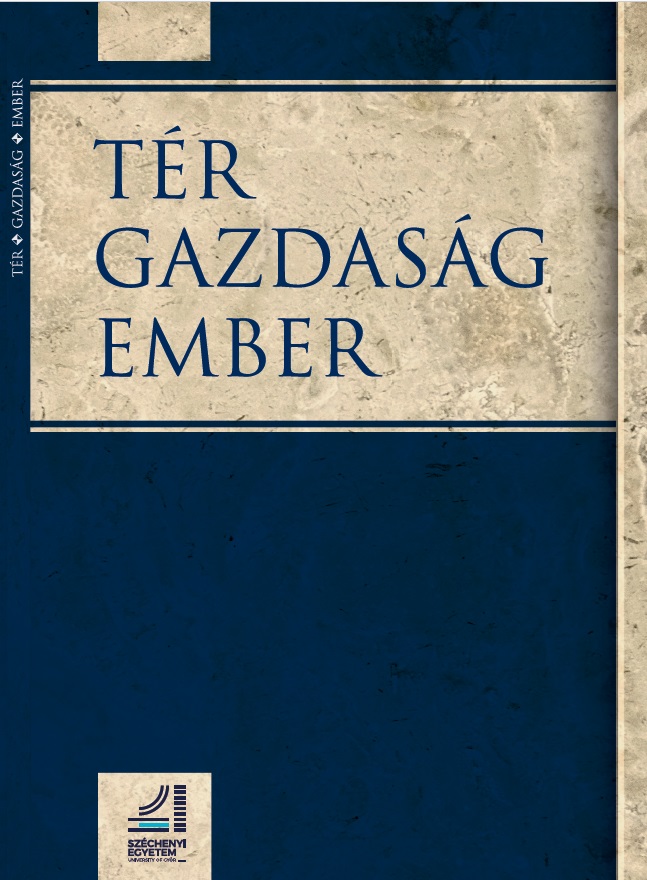Consumers attuned to brand love
Lovemark on theHungarian market, the example of Pöttyös
DOI:
https://doi.org/10.14513/tge-jres.00389Keywords:
lovemarks, lovebrands, brand loyalty, repeat purchase, PöttyösAbstract
Lovemarks can evoke emotional attachment in consumers, thus not only increasing the likelihood
of repeat purchases, but also creating brand loyalists. This can be observed even in the case of one
of the largest global brands, Coca-Cola, where emotional attachment exists between its consumer
base and the brand, despite blind taste tests proving that people prefer the taste of Pepsi. Based
on all this, we hypothesized that it would be worthwhile to examine a popular Hungarian brand
through various lovemark criteria. Our choice fell on the Pöttyös brand. The main goal of our
quantitative research was to place the opinions of Hungarian consumers into the Ajzen model and
to test this model. By applying the Ajzen model, we aimed to discover causal relationships between
marketing communication tools and recommendations, as well as between recommendations and
brand loyalty. Consequently, there is an indirect connection between marketing communication
tools and brand loyalty. In other words, advertisements and heard or seen content encourage
people to engage in word-of-mouth (WOM) and recommend the brand or product, while the
quantity of recommendations increases brand loyalty.
Published
Issue
Section
License
Copyright (c) 2024 Journal of Region, Society and Economy

This work is licensed under a Creative Commons Attribution-NonCommercial 4.0 International License.


